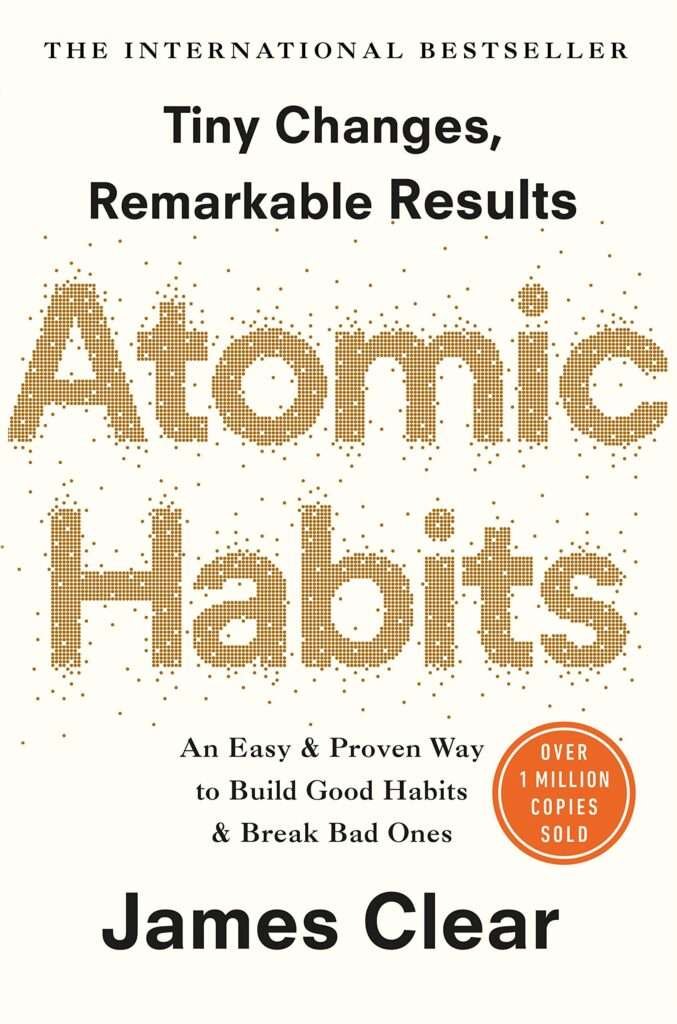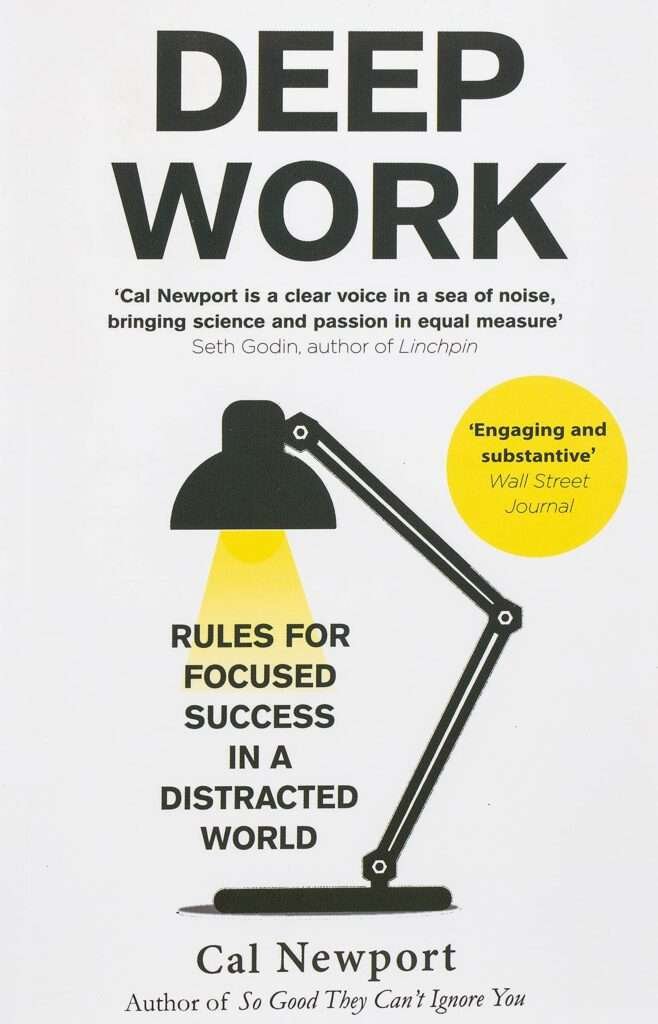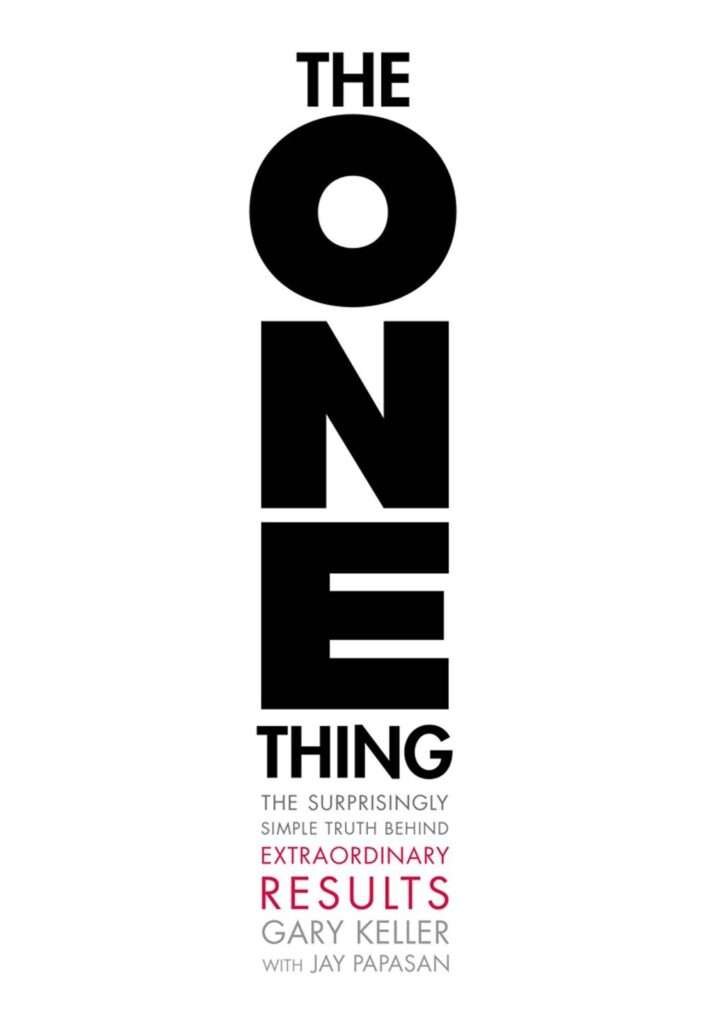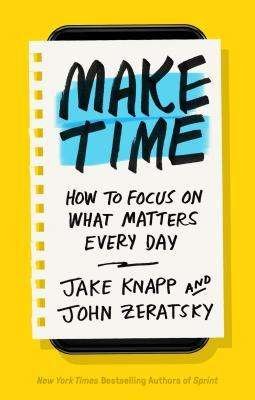Introduction
Effective time management is crucial for maximizing productivity, reducing stress, and achieving your personal and professional goals. Mastering time management helps you prioritize tasks, allocate resources efficiently, and maintain a balanced life. Here are six highly recommended books that offer practical strategies and insightful tips to help you master time management and enhance your productivity. – Improve Time Management

Why Time Management Books Are Important
1. Enhance Productivity:
Books on time management always give some practical ways of organising tasks, setting priorities and how to stop procrastinating. Implement these tricks and enhance productivity drastically. You will start noticing better results in lesser time than before.
2. Reduce Stress:
You will be able to manage your time more effectively: Creating a fear of last-minute work and ensuring better planning and organization reduces stress[block] Effective time management will create that balance and leave you with more hours in the day to live a healthier working life.
3. Achieve Goals:
Books like getting things done and those on time management have some really useful advice to make wide-reaching objectives into small achievable goals. You can make progress along your way to a higher and better standard of living in realizing the things that are most meaningful… by following these:
4. Improve Focus:
This is not a surprise as this type of focus and concentration are something that many time management books stress the importance if. You can do better work and get more accomplished by reducing distractions, as well as strategies to create a workflow conducive to concentration.
How Time Management Skills Can Benefit You
1. Boost Efficiency:
It can help you increase the efficiency in all aspects of personal and professional work if used correctly. Time management skills are very crucial to masterammu This allows you to get things done faster and better.
2. Enhance Personal Development:
Less time wastage = More structured plan and execution in personal development It allows you to invest time in learning and growth so that you end up becoming much better of yourself benefiting your professional as well as personal goals.
3. Improve Work-Life Balance:
Practicing good time management leads to a more balanced lifestyle by allowing you enough time for both work and personal life etc. That balance leads to a general sense of well-being and fulfillment.
4. Increase Confidence:
When you manage your time well, then there is an unknown feeling of empowerment seeping into all aspects life…You just feel like stepping up for more responsibilities and better goals! Having that confidence can spill over into different aspects of your life (like your career and personal relationships) in such a positive way.
5. Create More Free Time:
Through effective time management, you can have more free or leisure time as it helps to finish all the tasks on hand in a quicker and organized manner. That extra time can be filled with hobbies, leisure and loved ones.
How Books Can Help You Improve Time Management
1. Provide Practical Techniques:
It is a book on time management and provide you with practical, straightforward techniques to use right away. This techniques give you a clear guidelines in organizing your task, making it easier for you to manage the time accordingly.
2. Offer Proven Strategies:
A number of good time management books are based on research, and these tested methods have been used forever. These tips can help you improve productivity and efficiency, with methods that have been tested.
3. Inspire and Motivate: Improve Time Management
Checking out healthy reading on time management can help you get inspired and push to adapt the same habits. Many books focus on case studies (like real success stories) that prove a strategy or two works.
4. Enhance Understanding: Improve Time Management
Books exclusively elaborate the basic concepts of time management. This deeper understanding can bring to light where things may need strengthening and what techniques will work better for you — built especially based on your specific desires!
5. Continuous Improvement Encouragement: Improve Time Management
Time management books offer timeless lessons for working on self betterment. You learn and implement new methods so that you can improve upon your time management abilities process, which allows for flexibility when life throws curveballs.

1. “Getting Things Done: The Art of Stress-Free Productivity” by David Allen
Overview:
The best known book in the where we would put productivity — admittedly a bit of an approximation, since really David Allen’s “Getting Things Done” (GTD) occupies that sort of foundation position. Allen offers a system for organizing tasks, knowing that everything has been captured and processed; this way the brain can truly relax because it doesn’t have to remind itself what needs to be done. For any individual who is keen on learning how simple task management works in GTD he should start from understanding acquiring, processing managing his core business process at least within your comfort zone.
Why It’s Essential:
Allen’s GTD method provides a simple tool to process a lot of things that have different actions associated with it or get stuck in the projects. It ultimately offers a way of finding the clarity as well that control in our work and life, which could have still reduce up to some good extent amount level stress when providing efficient at best.
Key Takeaways:
Collect all tasks, situations or requests into a box—a dedicated inbox that you trust and check regularly. Break these down as action steps and state the expected outcomes of each.
Lists, Calenders and Productivity Management: Use lists, calenders or project management software such as trello to organize your tasks. Review your system routinely and update it as often to match the priorities or deadlines.
Participate and Deliver — Work at pace to optimally deliver tasks, make substantial impact by addressing high priority items first segment delivering them on time.
Detailed Strategies:
Mind Sweep: Do a complete download of everything on your mind and in your inbox into this system.
Next Actions: Detail the next step needed for each item in concrete terms so that it is clear.
Reviewing Your Weekly Tasks, Projects & Goals: Building in a weekly review to ensure that all tasks and projects stay aligned with your goals.
Quote:
“Your mind is for having ideas, not holding them.”

2. “Atomic Habits: An Easy & Proven Way to Build Good Habits & Break Bad Ones” by James Clear
Overview:
Why do small changes over time lead to big improvements?) — Atomic Habits by James Clear And it lays out a framework for cultivating good habits, breaking bad ones and designing an environment to ensure productivity and success over the long-term.
Why It’s Essential:
This approach of Clear also demonstrates the habit culture value in time management. Readers can learn to start building habits that will improve productivity and effectiveness in their everyday lives, by focusing on small changes over time.
Key Takeaways:
Visible Habits: Designing your environment andestablished routing, so you can easily start forming good habits.
Take Small Actions: Make tiny changes that you can keep doing so they build upon each other and create a large result over time.
Measure, Monitor and Modify: Utilize habit tracking systems to measure your progress on specific actions (tasks) or mentality changes and tweak what you need to succeed at behavior change.
Detailed Strategies:
After all, it is seen as one of the principles that form habits down into a habit loop and for people to have an easier entry point when incorporating their new habit.
Ritual Design: Whatever you can do to craft your environment so that the change, habit or ritual is essentially forced upon you.
Identity-Based Habits: Instead of results, focus on the person you want to become.
Quote:
“You do not rise to the level of your goals. You fall to the level of your systems.”

3. “Deep Work: Rules for Focused Success in a Distracted World” by Cal Newport
Overview:
Deep Work by Cal Newport examines deep-focused work and how it is a necessity to achieve the highest level of productivity and success. The book offers suggestions on how to ward off distractions and ensure an setting that facilitates deep, meaningful work.
Why It’s Essential:
In the noisy Mumford & Sons economy of today, Newport has provided a blueprint for how to develop better depth in your work… ostensibly the Holy Grail that every competitor is striving toward reaching at their highest level. The book contains strategies you can use to set up an environment that supports deep work, and eliminates distractions.
Key Takeaways:
Develop a practice of working deeply by reducing interruptions and creating blocks in focused attention on complex tasks.
Endure Boredom — Practice presenting your brain break after hours of hyper-excitement and struggle to avoid constant stimulation.
Stop using Social Media: Either limit/stop use of social media or any other distracting thing that comes in the way of your Deep Work.
Detailed Strategies:
Time Blocking — Dedicate time blocks for deep work and do not let anybody disturb you.
Create rituals and routines: Implement a set of habits that end each session → Start your work with some preparation.
Attention Training: Mindfulness and the like — develop your attention skills.
Quote:
“Clarity about what matters provides clarity about what does not.”

4. “Eat That Frog!: 21 Great Ways to Stop Procrastinating and Get More Done in Less Time” by Brian Tracy
Overview:
Eat The Frog by Brain Tracy provides tangible ways to beat procrastination and work smarter. This book is based on the concept of doing your most. difficult and priorities first—what some like to refer it as “eating the frog” — so you can have a harder time with everything else during the day/productive throughout their whole day, .
Why It’s Essential:
Tracy’s book is almost like a manual and suggests good practices that help one in every day tasking as well beating procrastination. It is written on the basic principles of time management and ways to accomplish higher life goals.
Key Takeaways:
Execute high-impact tasks: Place your attention on the most influential facets that will affect your vision.
80/20 Rule: Also known as the Pareto principle, it can help you determine to focus on those few activities that generate large portion of your results.
Develop Good Habits: Establish a routine and develop habits that encourage productivity, while decreased procrastination.
Detailed Strategies:
The ABC Method — Categorize tasks in A (important), B(not important) and C(nice to do) will help you effectively prioritize.
Single-Tasking: Do things one at a time instead of multitasking.
Daily Planning: Plan for the day to outline your priorities.
Quote:
“Eat that frog and you will find that the rest of your day goes much smoother.”

5. “The One Thing: The Surprisingly Simple Truth Behind Extraordinary Results” by Gary Keller and Jay Papasan
Overview:
It’s this focus on doing just one very important thing that makes you successful — Gary Keller and Jay Papasan affirmatively express in their book, The One Thing It tells about focusing on one goal, and to be succeed in such objective greater success achieved by the given key.
Why It’s Essential:
Theresult may inspire readers, as it did me, to reduce down their aspirations and just really focus on what is most important (if Kellerand Papasan can do this then I better too!). When we hone in on just one single priority, that is when our focus becomes laser-sharp enough to accomplish more with both your personal and work life.
Key Takeaways:
Accomplish A Single Thing: Prioritize and work on the single most important something that is going to move you closer to your goals.
Block Time: Created timed blocks each day for your #1 priority.
Just Say No: Learn to say no to things that are not in line with your one current mission and outsource it
Detailed Strategies:
Set Goals — Write down your goals and divide them into small, achievable chunks.
Priority Matrix — Identify and prioritize the top tasks with tools
Elimination: Whether it’s removing or delegating those things that you’re doing which don’t get yourself a step closer to your main goals.
Quote:
“What’s the ONE Thing you can do such that by doing it everything else will be easier or unnecessary?”

6. “Make Time: How to Focus on What Matters Every Day” by Jake Knapp and John Zeratsky
Overview:
Make Time by Jake Knapp and John Zeratsky provides concrete advice on how to protect what’s important in a time of endless distraction. The book lays out a plan for how to better organize your day, in order to accomplish more of what actually matters.
Why It’s Essential:
Drawing from their time at Google and YouTube, Knapp and Zeratsky offer easy-to-implement strategies for eliminating the distractions that stand between you and your battlefield results. It is easy to read and simple to put into practice –perfect for anyone wanting a quick guide on how they can make their time management better.
Key Takeaways:
In your day: Select something to focus on each and every single freaking day that works towards making you who want to be.
Keen Concentration: Employ tactics to reduce distractions and boost your focus.
Assess and Adapt: Always reflect on your path of time management, adjusting steps to stay in alignment with your goals.
Detailed Strategies:
Key Task/Goal per Day: Choose ONE thing each day to focus on.
Time Blocking: Set aside blocks of time for work and personal tasks.
Time Management: Use techniques to control and eliminate distractions, like turning off notifications or creating a separate space for work.
Quote:
“Focus on the things that matter, and make time for what you care about.”

Conclusion: Improve Time Management
My productivity and time management were key to my achievement in both on personal and professional levels. Further Reading: The above books provide loads of wisdom and actionable advice on boosting productivity, lowering stress and reaching your goals. These books are going to help you stop procrastinating, get habits that work for you and allow you to focus on the things most important i.e. time management is working on your life — these people/books will provide a buffet of insights from practical realities revealed through extensive research reflecting experience with quirky anecdotes throughout like how bumble bees can do calculus during exam etc.. Use the tools and principles you learn from these resources on your lives to save time, please follow them than ignoring — it will help in achieving much more success. – Improve Time Management
FAQs: Improve Time Management
1. What is time management and why is it important?
It is the process of planning and exercising control over how you spend your time to accomplish specific goals. Its importance lies in providing a improvement of productivity, stress reduction and an advantage to increase effectiveness which allows you to generate all the value from your time.
2. How can reading time management books improve my productivity?
Time management books can offer you practical solutions like organizing, prioritizing and end of procrastination. Putting these strategies in action can help you work smarter and more efficiently.
3. Can time management techniques help with work-life balance?
Well adjusted time management strategies can ensure a reclaimed work-life balance by enabling you to complete all your tasks on timely basis and prevent any last minutes throng with breaks that make the space for both —work, as well personal activities.
4. Are there specific time management techniques recommended in these books?
Yes, most time management books have practical tips including the Getting Things Done (GTD) method, habit forming strategies, ways to foster focus or frameworks for easily identifying what is important. Every book shares different insights around time management and offers actionable steps depending on which way you want to tackle your lack of working hours.
5. How can I choose the right time management book for me?
What time management book will suit your need and be a good match for the specific challenges you are trying to overcome Find specialized books, focus on the problems of interest to you (e.g., procrastination, concentration or habit building). It will also help you choose the book that suits your needs.
Check Out The Sources
Check Out More



